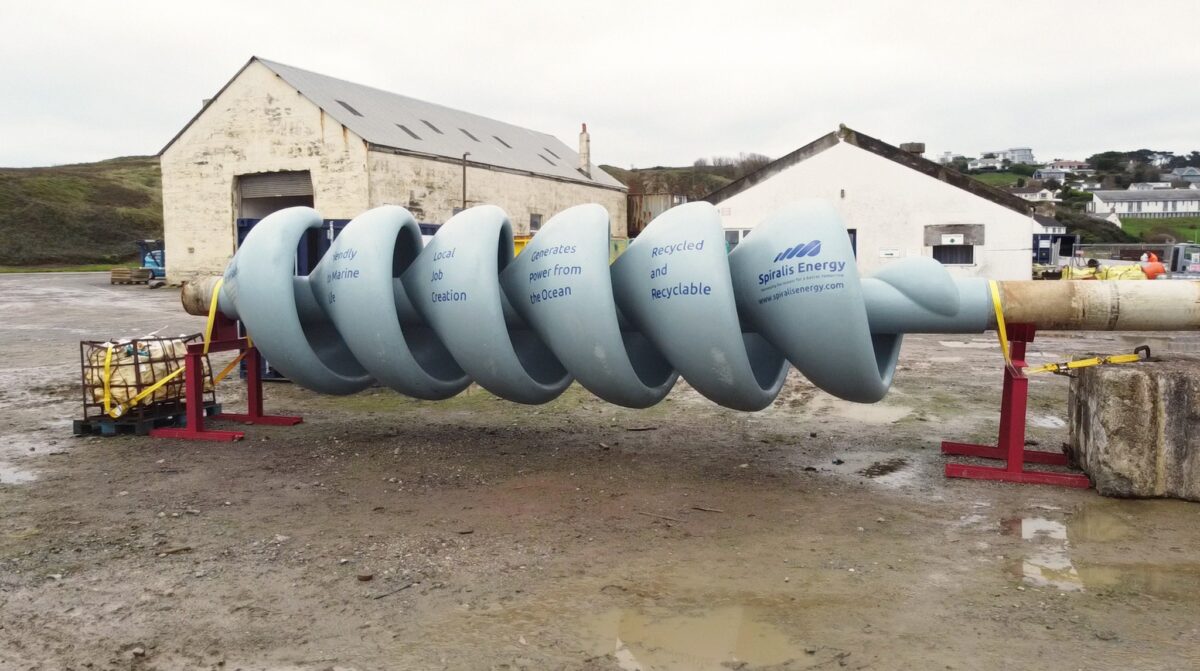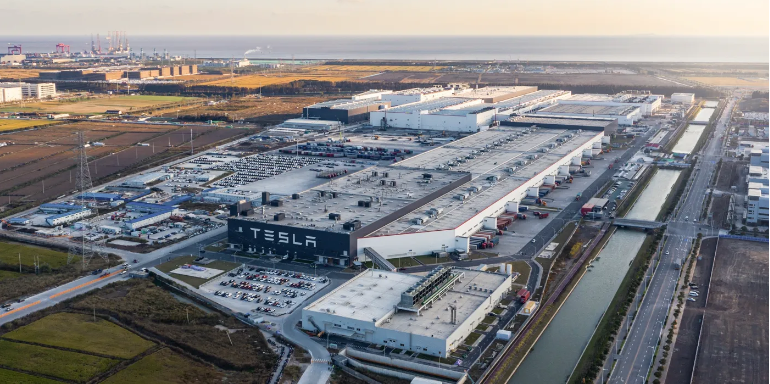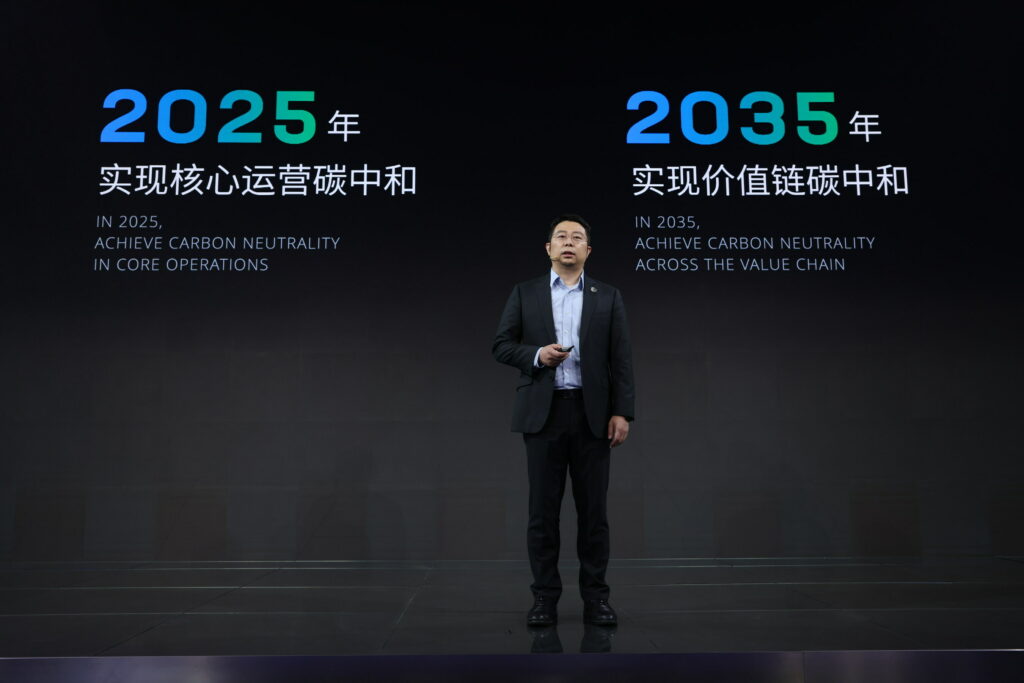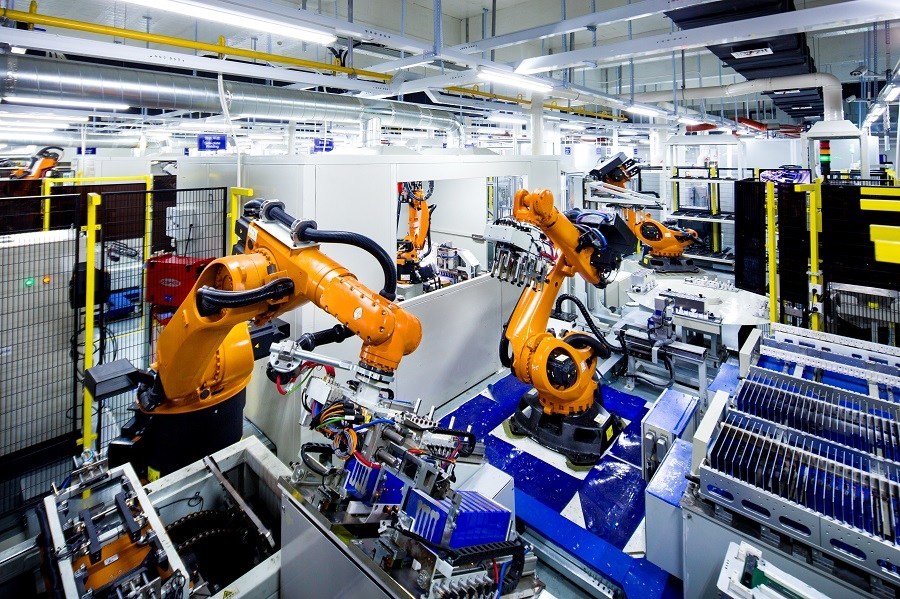
By harnessing the UK’s tidal potential, Spiralis Energy aims to capture power from tidal currents and river flows to generate clean, reliable, and cost-effective electricity. The company claims that its technology differs from other offshore technologies, given that it has no sharp edges, no fast-moving parts, and it does not disturb the seabed. The company also plans to prove through its trials that the system will not negatively impact the environment.
Spiralis Energy also argues that its Axial Skelter is unique in the sense that it can be used in “any flowing water of sufficient depth.” The company tested its prototype in May 2024 and the array is comprised of turbines made of recycled plastic, survivable for 25 years in the ocean, the company claims.
The event marks the official launch of the developer’s Tides2Tea campaign, an initiative highlighting how sustainable tidal systems can transform communities and contribute to a more affordable, sustainable, and predictable energy future.
Spiralis Energy showcased to the local community of Alderney how the Axial Skelter works, with display boards and a Q&A session with its team. This was meant to give residents an insight into how the island could potentially use tidal power as part of its energy mix, reducing the reliance on diesel-fueled power generation to introduce a “more cost-effective and sustainable” source of power, the company said.
Spiralis Energy is asking the UK public to support its Tides2Tea campaign by purchasing a future cup of tea from the tide. A single Spiralis Energy ‘Axial Skelter’ can convert enough energy to brew 250,000 cups of tea per day, a very UK-coded way of measuring energy, if I do say so. The campaign aims to prove that tidal energy can be an affordable contributor to power generation in the UK.
Spiralis Energy will install cameras and sensors as part of the testing to monitor the ecology and wildlife, with the collected data being shared with the Alderney Wildlife Trust. The company plans to trial its Axial Skelter off the coast of Alderney, but longer-term it will be used for island communities, to feed power into national grid networks, and could be used to power private applications such as data centers or hydrogen production.
“The Tides2Tea campaign is more than just an exciting showcase of our technology – it is a call to action for a cleaner, more predictable energy future,” Chief executive of Spiralis Energy Guy Levene said. “The Alderney Race is the perfect stage to demonstrate the immense potential of tidal energy, a resource that is not only sustainable but entirely reliable.”
Spiralis Energy is one of 13 companies that joined the Marine Energy Council (MEC) over the summer, coming onboard as lead partners to support MEC’s ambition to make the UK the world leader in tidal stream and wave energy. MEC was established in 2018 and has worked to improve the investment landscape for marine energy in the UK. This includes securing three successive tidal stream ringfences in the UK’s renewable auctions and raising the profile of wave energy’s role in the future energy mix.
To support the organization’s expansion and increase its capacity, MEC introduced a lead partnership model for 2024/25. MEC’s lead partners represent innovative companies and organizations working at the forefront of realizing the UK’s 30 GW+ of marine energy potential. Lead partners will play a key role in MEC’s future, taking on a position on the board and providing strategic direction to MEC’s activities.







